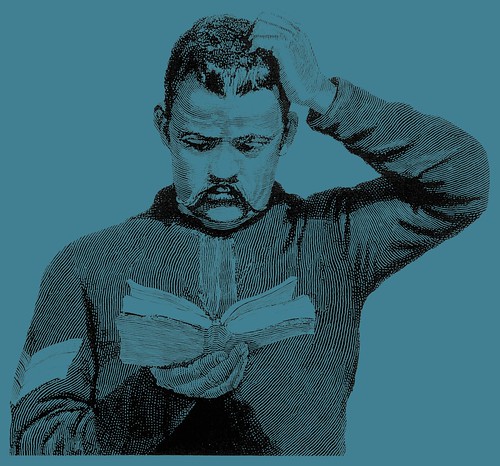In the most recent issue of The Public Historian, editor Randolph Bergstrom writes: “As part of placing historians in public, the profession, and each of its members, must push the public to create and sustain the places for history’s practice…Graduate programs in public history have long recognized that making rather than assuming positions for historians is integral to the practice of history in public.” [Emphasis added. Bergstrom’s comments are one of the many responses public historians have had to Anthony Grafton and James Grossman’s article, “No More Plan B“].
I propose a session where we discuss how the digital humanities could present an opportunity to “make” new positions for public historians. Although many public history programs have well-established ties to related fields –archival work, library science, museum studies, public policy, and advocacy groups– relatively few (I believe) have reached out to computer science and web design. I’m not sure why. Looking at the job market, I suspect that a public historian can build a website, program an app, or lead a successful social media campaign has a huge advantage over other candidates, and, even more importantly, could create new positions in almost any cultural organization. And of course, the benefits of substantive technical training go beyond the job market; public historians with these skills should be able to pursue projects that, at the moment, only a few well-established DH centers can complete.
To be sure, some public history programs have started down this path, but I don’t think they’ve been bold enough. A single semester of training in new media or digital history (the norm, I would guess), while useful, does not provide the kinds of hands-on, keyboard-to-codes skills these professionals really need to both compete in the market and, in the long run, foster new forms of public history. With this session, I’d like to discuss what technical (and theoretical) skills public historians need to develop, how we could do a better job integrating DH into the established public history curriculum, and where we see these transformations already happening. (For the more theoretically-inclined, this may be a great session to discuss whether digital public historians should be trained in ways that differ from digital historians in general).


